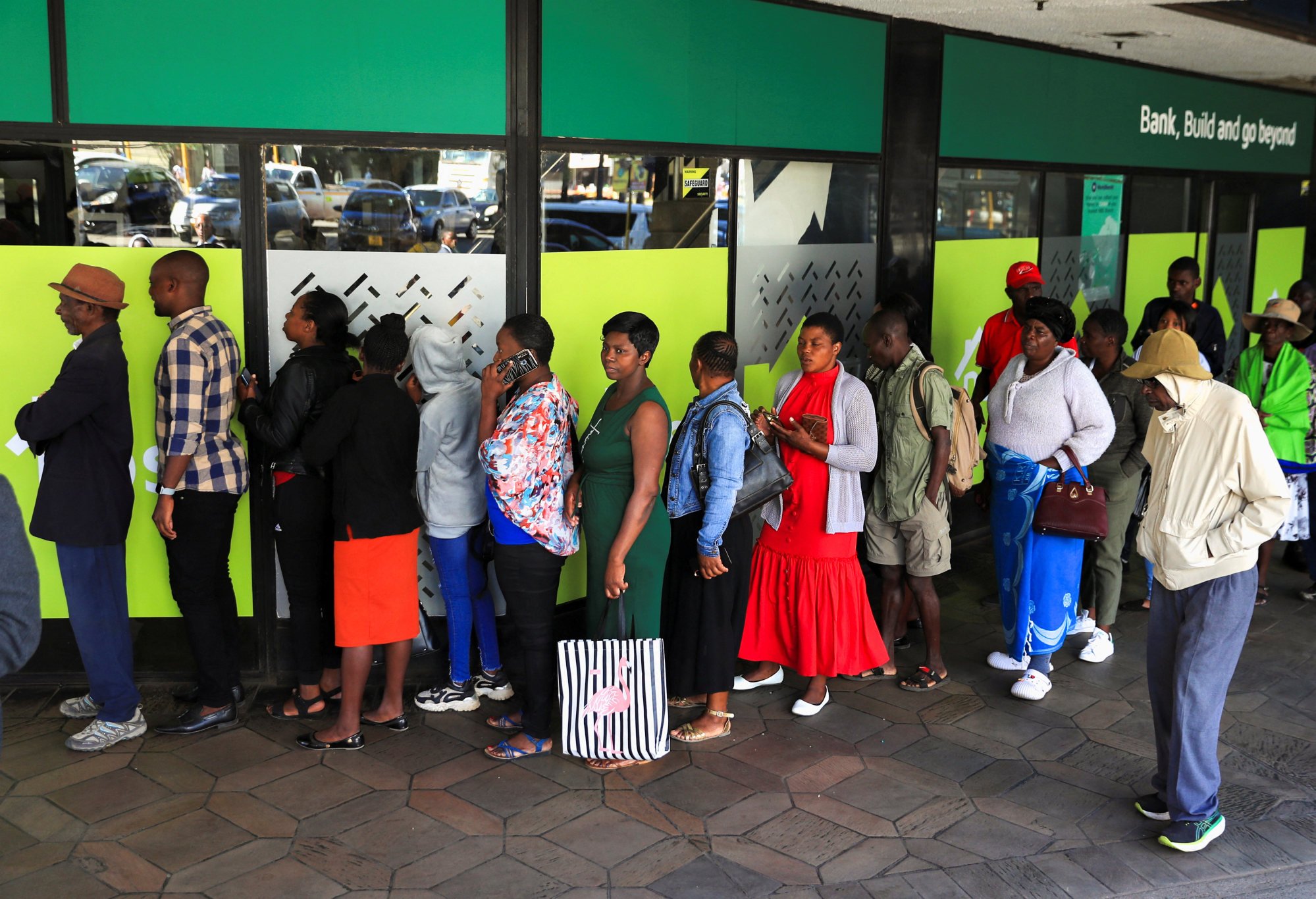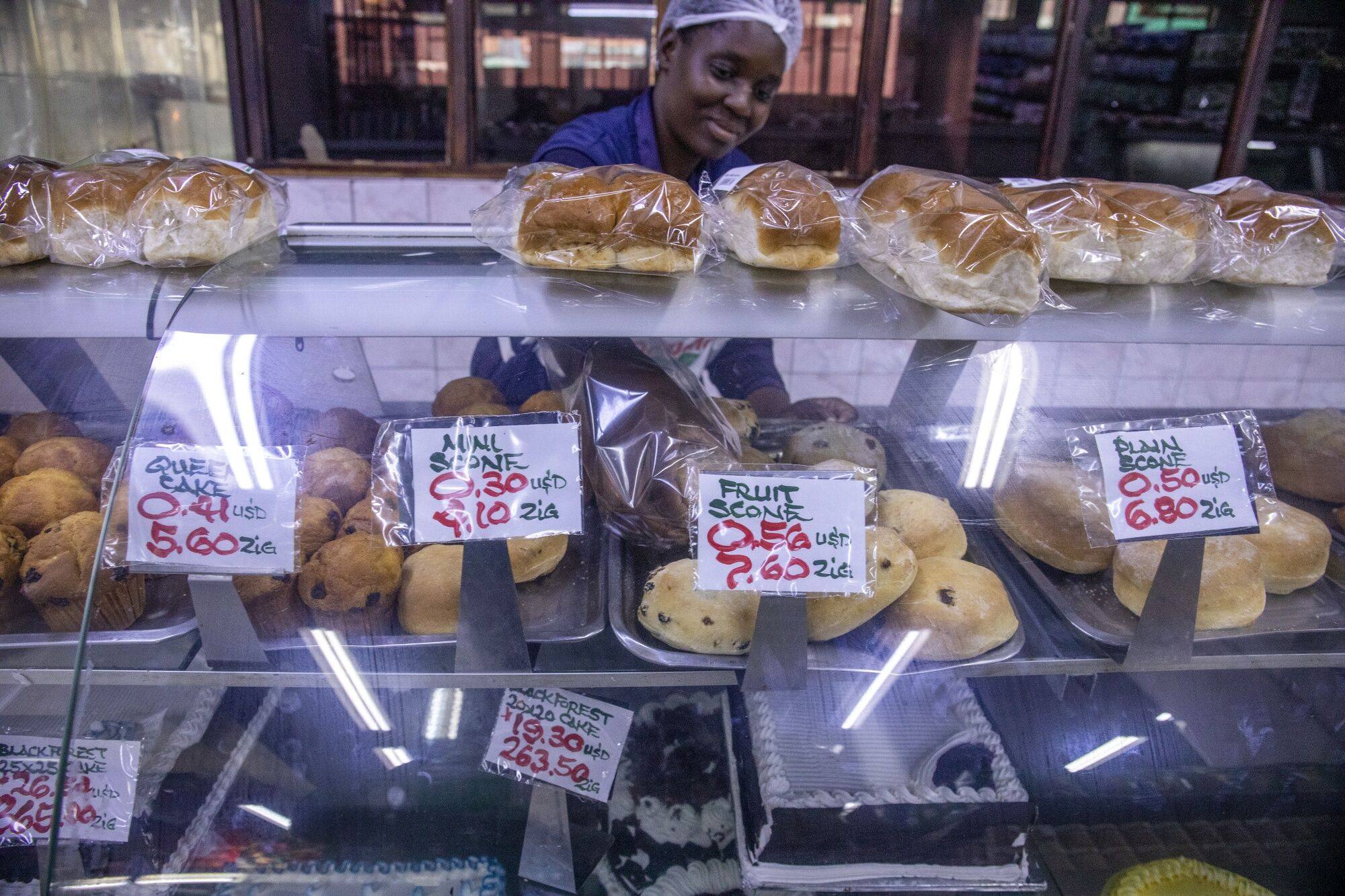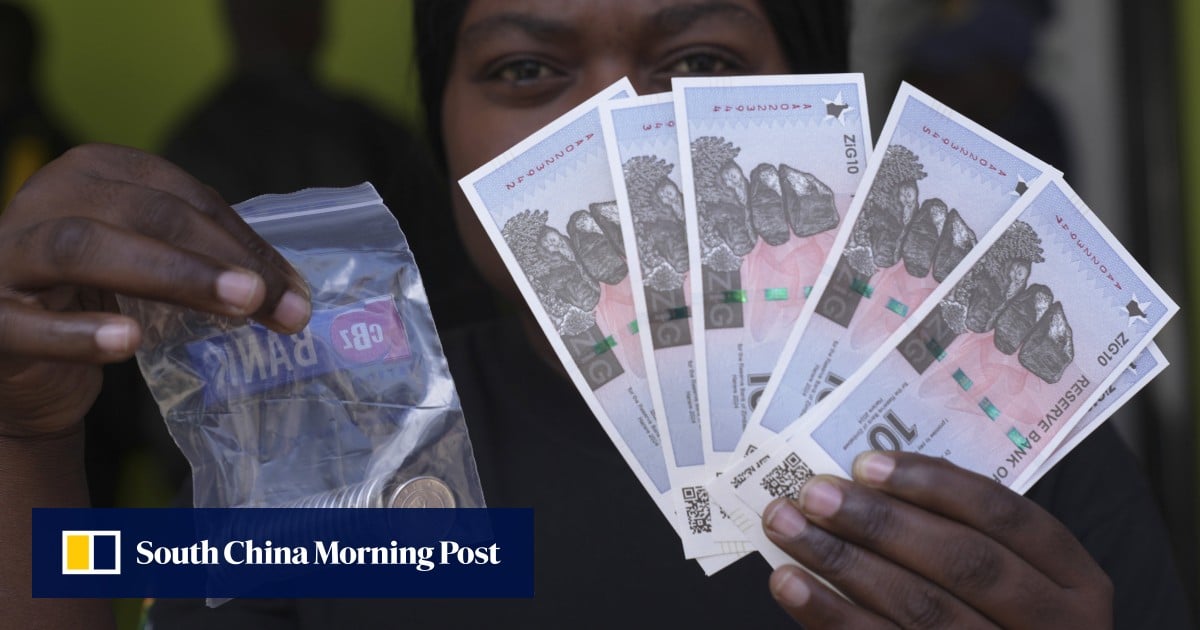The government had previously floated various ideas to replace the Zimbabwe dollar, including introducing gold coins to stem inflation and even trying out a digital currency.

Since it was launched electronically on April 5, the ZiG – short for Zimbabwe Gold and backed by the country’s gold reserves – appears to be heading down the same path of mistrust, with some government departments refusing to accept it.
The ZiG is the sixth currency Zimbabwe has used since the spectacular 2009 collapse of the Zimbabwe dollar amid hyperinflation of 5 billion per cent, one of the world’s worst currency crashes to date.
King Charles to appear on UK banknotes in June
King Charles to appear on UK banknotes in June
That set off a chaotic series of events: first the US dollar was allowed as legal tender, then banned, then unbanned.
A new “bond note” became legal tender, the Zimbabwe dollar was reintroduced before the gold coins and digital currency were tried.
However, nothing brought any currency stability and the US dollar remains the most trusted for ordinary Zimbabweans.
As the shiny new ZiG banknotes hit the streets, the mistrust was evident.
Kudzanayi Mande, a vegetable trader at the crowded Mbare market in the capital of Harare, said she would rather forgo a sale than accept the ZiG. She was confused, the 56-year-old said.
“Already there is an official exchange rate and a depreciated black market rate, so I will wait a bit to see what its real value is,” she said. “The US dollar is still a safer bet.”

The government has allowed some businesses, such as petrol stations, to refuse to accept the ZiG in favour of US dollars. Some departments, like the office that issues and renews passports, accept only US dollars.
At the same time, other businesses are being ordered to only use the ZiG, and face punishment if they don’t.
“The government prints the money so it should be the first to accept the currency and everyone else will follow,” said Gift Mugano, an economics professor at South Africa’s Durban University of Technology.
“Otherwise it is behaving like someone who feeds on takeaways but wants others to eat the food they cook,” Mugano said. “It becomes suspicious.”
Many in Zimbabwe still remember when a 100 trillion Zimbabwe dollar banknote was printed in 2009 at the height of the hyperinflation to keep up with spiralling prices.
At one point, a loaf of bread cost more than 500 million Zimbabwe dollars. Prices would change from when customers walked into a grocery store to when they lined up to pay at the cash register.
Restaurants stopped displaying prices on menus as they would go up over the course of a dinner. People lugged around bags stuffed with banknotes. Savings and pensions became worthless.
Through the ordeals, the US dollar remained precious – and highly valued on the black market.
Across Zimbabwe, the US dollar is still widely used, from paying rent and school fees to buying groceries.
Many take their local currency earnings to the black market to exchange for dollars since banks don’t give out US dollars. Some people stash their US dollars at home.
The government of President Emmerson Mnangagwa has taken a hardline approach – dozens of black market currency dealers were arrested and have been in pretrial detention for weeks, accused of trying to undermine the new currency. After the ZiG was introduced electronically, bank accounts of some businesses were frozen, accused by the government of rejecting the new currency.
Authorities say they have faith in the ZiG because it’s backed by the country’s gold reserves. Mnangagwa said in a speech on Monday it was a matter of “our national identity and dignity” to trust the ZiG.
Though some hopeful Zimbabweans headed for the banks Tuesday to get their hands on the new currency, many remained sceptical after two decades of turmoil.
An online news outlet published a political cartoon showing a policeman struggling to hold up a collapsing house with the word ZiG on it.
The caption: “World’s first police backed currency”.

